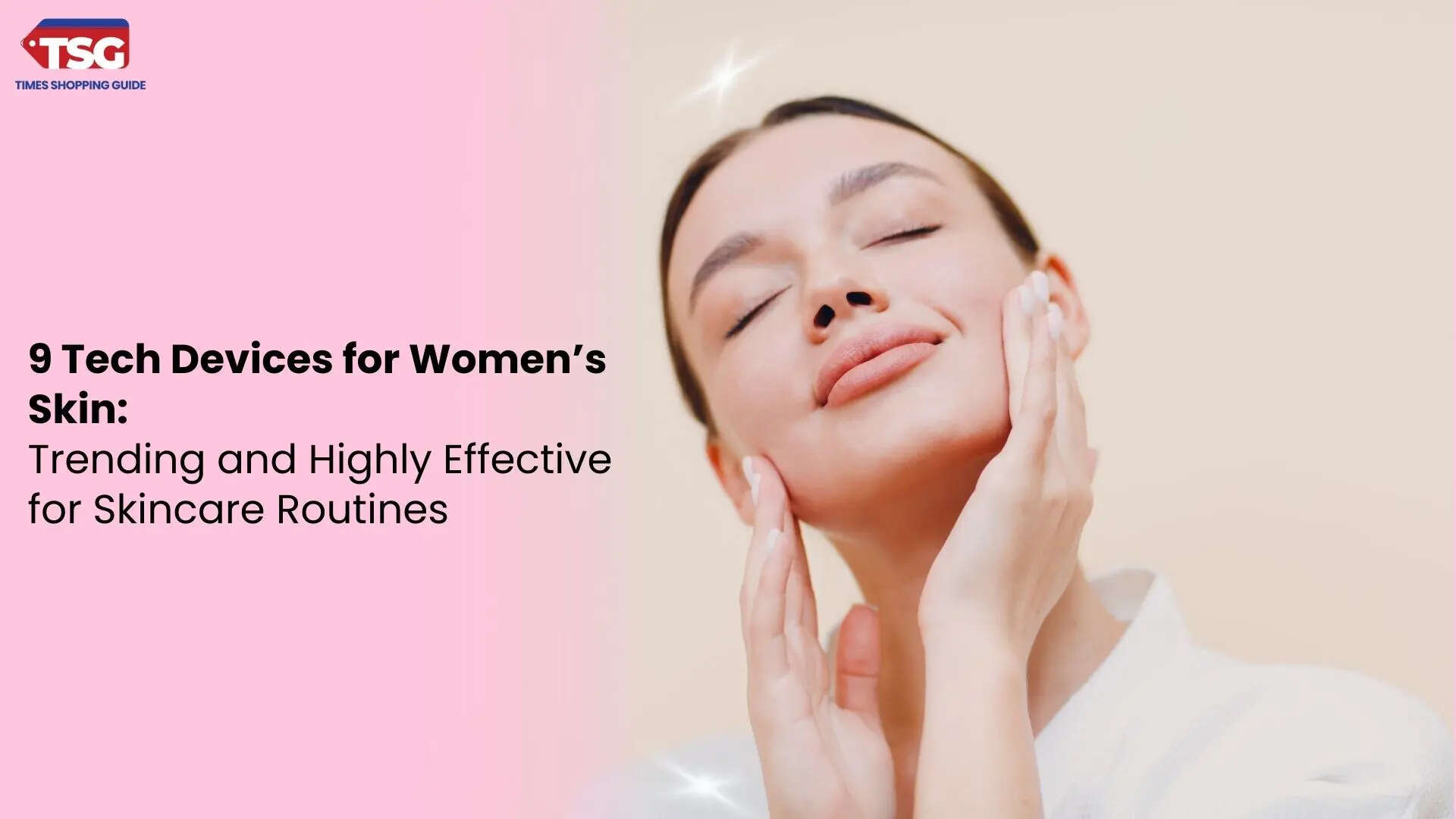Aesthetic Meets Innovations: Advancements Transforming Personal Grooming
In the current world, the convergence of cosmetics and tech is driving a change in self-care. As people seek efficient and effective ways to improve their regular practices, innovative smart beauty tech devices are stepping up to address those requests. These advanced beauty machines are more than trends; they are designed to transform how we approach skincare, makeup application, and overall well-being.
Including smart skin cleansing tools that assess complexions to high-tech devices that enhance age-defying through phototherapy, the options are expanding swiftly. Beauty routines has changed beyond traditional approaches, allowing individuals to experiment with tailored beauty routines tailored to their specific preferences. This blend of aesthetics and innovation is transforming the beauty industry, offering consumers a glimpse into the future of beauty routines.
The Rise of Beauty Technology
A beauty industry is experiencing a transformation as technology becomes increasingly integrated into personal care routines. Consumers are in search of cutting-edge solutions that not only improve their appearance but also promote their overall well-being. This movement has led to the emergence of advanced beauty tech devices that offer salon-level results from the comfort of home. As a result, beauty machines are now at the forefront of personal care, making sophisticated treatments more available to a larger audience.
One significant trend driving this evolution is the increasing demand for customization. Clients are looking for products and devices that can be customized to their specific skin types, concerns, and lifestyle needs. Smart beauty tech devices apply data-driven insights to provide custom skincare regimens and treatments that adapt over time. This feature to customize is not only enhancing efficacy but also enabling consumers to control their beauty routines in ways that were once possible previously.
Moreover, the impact of social media and digital marketing is crucial in the rise of beauty technology. Influencers and beauty enthusiasts are posting their experiences with smart devices, amplifying their popularity and inspiring others to explore these innovations. As user reviews and demonstrations multiply on platforms like Instagram and TikTok, a larger audience are becoming aware of the benefits these beauty machines can offer. This trend is strengthening the bond between beauty and technology while opening doors to further advancements in the industry.
Best Innovative Beauty Devices
The cosmetic industry has witnessed a rise in the innovation of innovative machines that integrate technology with personal care. One notable machine is the home-use facial cleansing brush, which utilizes sonic vibrations to thoroughly cleanse the skin. This not only removes dirt and makeup but also scrubs and encourages increased circulation. Users report that with consistent use, their skin looks smoother and appears more radiant. This device has become a key in many skincare routines and highlights the transition toward more sophisticated at-home beauty treatments.
Another noteworthy innovation is the LED light therapy machine. These machines utilize the potential of colored light wavelengths to treat various skin concerns, including acne, signs of aging, and redness. Based on the treatment mode activated, the machine can help to lessen inflammation, enhance collagen production, or brighten overall skin tone. Beauty lovers value the convenience of incorporating this technology into their individual care rituals, as they can achieve professional-level results from the comfort of their own home.
Lastly, there is the growth of AI-driven beauty devices that analyze skin conditions and personalize skincare routines. Equipped with devices and advanced algorithms, these machines can evaluate skin hydration levels, spot fine lines, and even provide tailored product recommendations. This new approach enables users to take control of their skincare by presenting insights that were once only available through qualified consultations. As technology continues to evolve, these intelligent beauty machines are redefining how we handle personal care and skincare.

Future Trends in Personal Care
A future of personal care is set to be noticeably influenced by progress in machine learning. These technologies will empower beauty machines to offer highly personalized experiences suited to specific skin types, concerns, and preferences. As shoppers increasingly seek personalized solutions, brands will leverage data to evolve their products, culminating in state-of-the-art beauty devices that evaluate skin conditions in real-time and adjust treatments accordingly. This transition towards hyper-personalization signifies that smart beauty tech will not only enhance results but also foster stronger connections between consumers and brands.
Green practices is a further crucial trend that will shape the future of personal care. An increasing number of consumers are becoming more eco-aware, leading to a call for sustainable beauty devices and practices. Companies are responding by creating with green materials and eco-efficient technologies in their beauty machines. Look forward to a rise in devices that promote zero-waste beauty routines, including refillable systems and tools made from compostable materials, as the industry moves to greener solutions. This focus to sustainability will attract a broader audience, pushing brands to align themselves with the values of their customers.
Lastly, the inclusion of virtual reality in personal care will revolutionize how users interact with beauty tech. Clients will soon be able to enjoy virtual consultations and try-on features via their devices. This experiential technology enables users to see results and make informed decisions before committing to products or treatments. As this trend unfolds, beauty machines will turn into independent devices but key components of a larger ecosystem that combines education, experience, and personalization in the world of personal care.